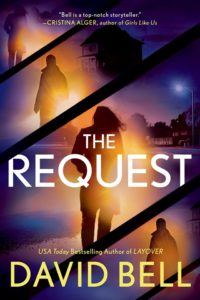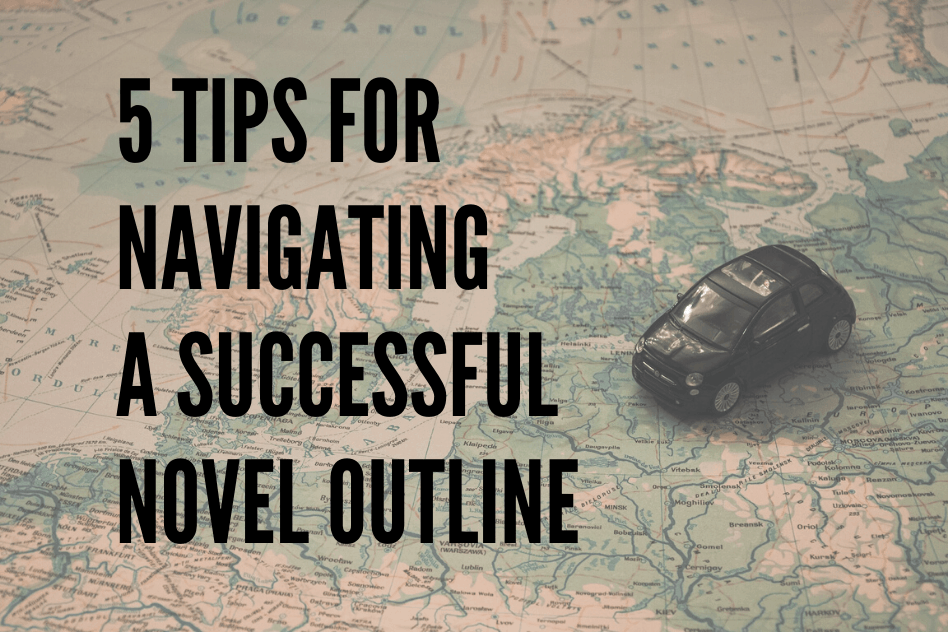by David Bell
When I sold my first book to a New York publisher, I received a two-book deal. The first book—the one that got me the contract—was written in the way I thought all books were written. I sat down with an idea and then I started writing. I had no outline, no plan. I didn’t know how it was going to end, and I had no idea if anyone was ever going to read the book. But it worked—somebody wanted to publish it. In fact, they wanted to publish the next book I wrote too, which I hadn’t even started writing.
When it came time to write that second book, I felt confident. They liked the first one, so why wouldn’t I just go ahead and write the second one the same way? But then my agent and editor said, “Wait, don’t start writing yet. We need to see the proposal first.”
Proposal? It sounded like something written by people who work in offices and carry briefcases. Serious people with real jobs. Not me.
My editor and agent explained the proposal would be a short summary of the book I was about to write. Just a few pages, hitting the high points and the big plot twists. You know, no big deal.
“Oh,” I said, “so an outline?”
“Well, it doesn’t have to be that detailed. Just a proposal.”
So I wrote those few pages, with all the big plot twists. And they asked me questions. And I answered them in the “proposal.” And they asked more questions. And I put more stuff in the “proposal.” And pretty soon I had a 22-page outline for the second book. I’d spent so much time working on the outline I nearly missed my deadline for turning in the actual manuscript.
That was a difficult process, but I learned a lot about planning a book. And, since then, I’ve done it at least a dozen times for other books—most that have been published and some that haven’t. It turns out I actually like the process of making what I’m going to call the “outline.” (Not “The Proposal,” which is a Sandra Bullock movie.)
Here are the five of my best tips for approaching a successful novel outline:
-
The outline is a test drive.
Would you buy a car without test-driving it? Would you write a book without revising it? (I know some have, but not you, right?) Think about the outline as the first draft of your book. Or a pre-draft of your book. In the outline, you have a chance to answer all the big questions about the characters and the plot. If something isn’t going to work (Fred can’t be the killer because he’s afraid of heights) then you can find out early on and not get off track during the actual writing process. This is especially important for people who are writing one book or more in a year. And for people who have very busy lives and day jobs and kids and other responsibilities they are trying to balance.
-
The outline is a road map.
If you’re under the age of 30, a road map is a large, oddly folded piece of paper we used to keep in our cars that had highways and streets and cities and things marked on them. And before you went on a long car trip, you’d look at the map and figure out the route you were going to take. (Do I want to take the interstate or a back road?) That’s what your novel outline is—once your test drive is complete (and I know I’m mixing metaphors here, but stay with me), it becomes the guide you can always fall back on if you get lost along the way. For some books, I never look back at the outline once I start writing. On other books, I look back quite a bit. But it should give you confidence to know you have that map if you need it.
-
Reserve the right to visit roadside attractions.
People always want to know if I stick to the outline as I write. And the answer is: not always. Sometimes as I’m writing a better idea will pop into my head, and I’ll follow that path. Sometimes characters who weren’t in the outline show up and have a point of view. Sometime the person who is the killer in the outline gets exonerated in the book and someone else does the evil deed. It’s just like when you’re driving down the highway and you see that sign advertising the world’s largest ball of twine or the state’s largest alligator and you have to get off and see it.
As long as you know how to get back on the main path, you’ll be fine.
Besides, if the writer is surprised by some idea that comes up along the way, chances are the reader will be too. And that’s what you want.
-
The outline is an efficient way to collaborate and get feedback.
Writers, agents, editors—they’re all busy. And let’s face it, it can really test a friendship to ask someone to read an entire draft of your novel multiple times. (How many friendships have ended over such requests?) But if you have a much shorter document that you can share with your critique group, then you’re able to get feedback early on and still have friends. Also, it’s a way to effectively—and briefly—communicate your ideas with your agent or your editor before you go down the rabbit hole of writing an entire novel. This will save you so much time—and time is the writer’s most valuable commodity.
-
Writing an outline is writing too.
As I said above, I was initially turned off by the idea of writing an outline for one of my books. It felt like being back in school and having a teacher ask me to write an outline before I could write a paper. But here’s the thing:
Writing that outline is creative writing, not punishment. In fact, writing the outline is where some of those initial sparks start to flare up and turn into a roaring fire.
Don’t see writing an outline as a stifling assignment—see it as an essential part of your creative process. See it as the time when the story really starts to live and breathe on the page.
Have tips to share from your own adventures in outlining? Join our discussion on Facebook, where our readers chime in with great insights and advice every day.

 David Bell is the USA Today bestselling author of 10 novels from Berkley/Penguin, including his new release, The Request, as well as Layover, Somebody’s Daughter, Bring Her Home, Since She Went Away, Somebody I Used to Know, The Forgotten Girl, Cemetery Girl and others. His work has been translated into numerous foreign languages, and in 2013, he won the prestigious Prix Polar International de Cognac for best crime novel by an international author. He is a professor of English at Western Kentucky University where he directs the MFA program in creative writing. A native of Cincinnati, Ohio, he spends his free time rooting for the Reds and Bengals, watching movies, and walking in the cemetery near his house in Bowling Green, Kentucky, with his wife, writer Molly McCaffrey.
David Bell is the USA Today bestselling author of 10 novels from Berkley/Penguin, including his new release, The Request, as well as Layover, Somebody’s Daughter, Bring Her Home, Since She Went Away, Somebody I Used to Know, The Forgotten Girl, Cemetery Girl and others. His work has been translated into numerous foreign languages, and in 2013, he won the prestigious Prix Polar International de Cognac for best crime novel by an international author. He is a professor of English at Western Kentucky University where he directs the MFA program in creative writing. A native of Cincinnati, Ohio, he spends his free time rooting for the Reds and Bengals, watching movies, and walking in the cemetery near his house in Bowling Green, Kentucky, with his wife, writer Molly McCaffrey.





